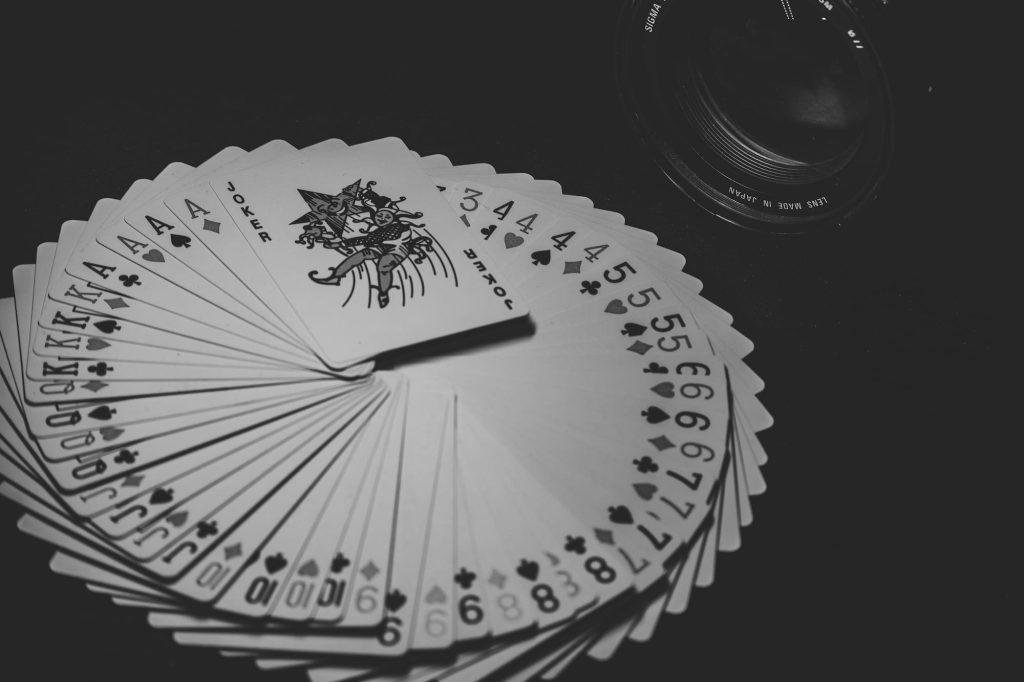In modern casino culture, freedom is scripted. You walk in thinking you’re in control. In truth, the odds are fixed, the paths are guided, and the outcomes calculated. Even casual platforms like Bizzo casino mask architecture designed not for leisure but for conversion—turning behavior into revenue streams. You spin, you wait, but the system is never idle. It observes, adapts, and maximizes.
Chance repackaged as agency
You are invited to believe you choose. Red or black. Slot A or B. But this is structured autonomy. The illusion of randomness conceals algorithms built to detect hesitation, track preference, and exploit patterns. Every click confirms the machine’s understanding of you. Your behavior fuels optimization, not liberation. The freedom you feel has been forecast, rehearsed, and monetized.
Spectacle over substance
Bright lights replace real rewards. The aesthetic of pleasure conceals the absence of material gain. Sound design mimics dopamine rushes. Visual cues mirror slot machine conditioning. These aren’t errors. They are features. Spectacle becomes a substitute for meaning, masking how deeply exploitative the system is. What should be recreation morphs into behavioral extraction.
Labor is invisible
Who cleans the floor after the winnings fall? Who resets the table when the night ends? The casino sells glamour but hides the labor beneath it. In both physical and digital spaces, workers remain faceless. Moderators, developers, janitors—all erased from the narrative. The fantasy is maintained by ignoring the hands that uphold it. Casinos depend on labor, but celebrate only winners.
Winning as propaganda
Victories are paraded, losses are hidden. This is not by accident. Winning stories circulate as advertising. They reaffirm the system’s fairness while concealing its brutality. When one user posts a jackpot win, hundreds stay silent in debt. The narrative serves capital—it must. Because if people saw the full picture, they might demand change, not another spin.
Casinos and neoliberal values

Casinos reflect broader ideological patterns. They promise meritocracy in a system engineered for inequality. Effort is irrelevant. Luck is glorified. Success is individual, failure is personal. This aligns with the core of neoliberal thought—privatized risk, commodified leisure, and the erosion of collective structures. The casino becomes a symbol of economic Darwinism.
Monetization of hope
Hope is not neutral here. It is bought, sold, and recycled. Each bet is a vote of confidence in a system that doesn’t serve you. Even when you suspect the odds, you return—not because you believe in fairness, but because you hope. The industry knows this. That’s why it sells hope more than outcomes. Hope becomes a resource, mined like coal.
Gamification everywhere
The casino model now extends beyond gambling. Social apps, shopping platforms, even work tools borrow its logic. Rewards, points, and streaks simulate achievement. But what’s produced isn’t empowerment. It’s compliance. You behave as desired to gain nothing of real value. The game spreads because it works. It trains people to accept performance without purpose.
The architecture of isolation
Casinos isolate people even in crowds. Screens replace tables. Digital noise replaces conversation. You play alone, even surrounded. This is by design. Collective awareness might disrupt the flow. Isolation guarantees silence, and silence keeps the wheels spinning. In political terms, this is repression—not with force, but with distraction.
Profit over public good
While casinos grow, public budgets shrink. In some countries, governments rely on gambling taxes. But this isn’t progress—it’s policy failure. Funding schools and hospitals with addiction revenue is not innovation. It’s austerity in disguise. Instead of taxing wealth, we tax hope. Instead of supporting workers, we exploit their desperation.
Luxury masks exploitation
High-end casinos market exclusivity. Velvet ropes. VIP lounges. Tailored suits. But these trappings hide economic extraction. A luxury casino doesn’t operate differently. It simply extracts from those with more to lose. The logic is the same. Glamour just makes it harder to see the damage.
A rigged game in plain sight
Casinos teach obedience to inequality. The odds are public, yet people play. Why? Because the system frames exploitation as entertainment. It disguises power as play. It invites people to participate in their own dispossession, under the promise of reward. That is the genius—and horror—of the casino model.
